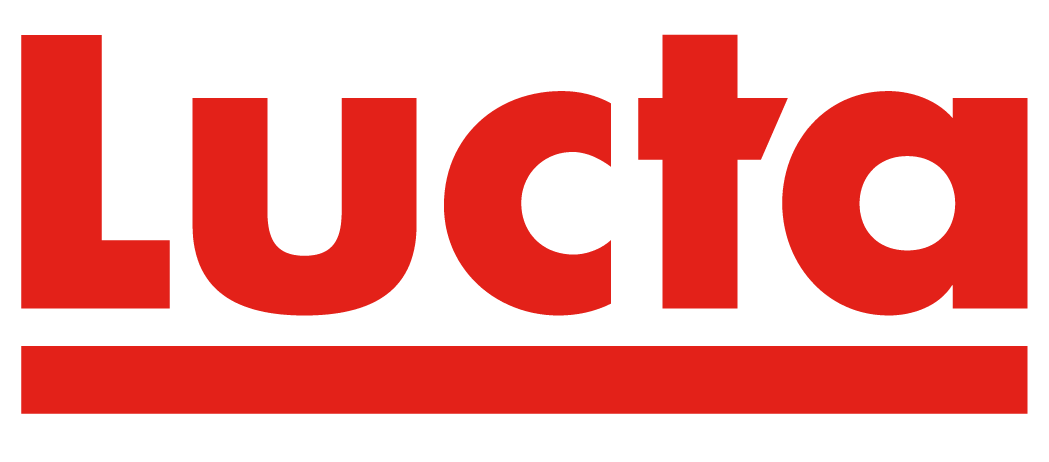The effects of butyrate supplementation in diets of calves are inconsistent in the literature. Fifty one Holstein calves (45.7 ± 5.8 kg of bodyweight and 11.8 ± 3.1 days of age; mean ± s.d.) were randomly allocated to three treatments to assess the effects of supplementing the milk replacer at 0.3% dry matter with butyrate in the form of sodium butyrate or tributyrin compared with no supplementation (CTR). Calves were fed 4 L/day of milk replacer (25% crude protein and 19.2% ether extract) and starter feed (20% crude protein and 3.8% ether extract) ad libitum over a period of 6 weeks. Individual intake was measured daily and bodyweight and blood βhydroxybutyrate, glucoselike peptide1, glucose and insulin were measured fortnightly. A glucose tolerance test was performed on Days 0 and 35 of the study. No effects of butyrate supplementation were found on starter and total dry matter intake. CTR calves had greater average daily gain than tributyrin calves. CTR calves tended to have greater final bodyweight than tributyrin and sodium butyrate calves. Gain : feed ratio tended to be greater for CTR calves. There were no differences in plasma glucose, insulin, βhydroxybutyrate and glucoselike peptide1 concentrations throughout among treatments the study. During the glucose tolerance test, no differences on insulin sensitivity were found among treatments. In conclusion, no apparent advantages of supplementing milk replacer with sodium butyrate or tributyrin were found on performance and glucose metabolism in calves.
tech.service@fad.com
